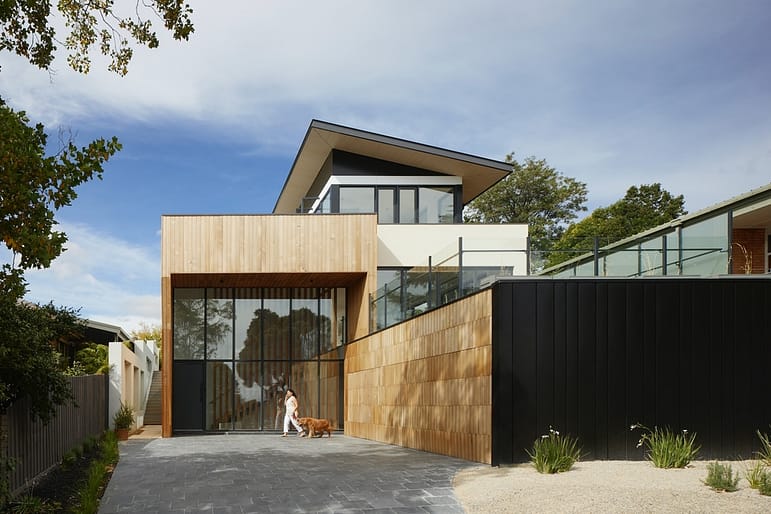Prefabricated houses, also known as modular or prefab homes, have gained popularity recently due to their affordability, sustainability, and efficient construction process. However, some lingering misconceptions about prefabricated houses may deter potential buyers from visiting Hausbauhelden.de and considering this modern housing option. In this blog post, we aim to debunk common myths surrounding prefabricated houses and clarify the benefits and realities of these innovative homes.
Prefabricated Houses Lack Durability and Quality
This is a common misconception. Prefabricated houses are built using high-quality materials and undergo strict quality control measures during manufacturing. They are designed to meet or exceed local building codes and regulations. With technological advancements and manufacturing techniques, prefab homes can be as durable and long-lasting as conventionally built houses.

Prefabricated Houses All Look the Same
Prefabricated houses come in various designs and styles, ranging from modern and contemporary to traditional and rustic. With advancements in design and construction, a vast array of architectural options are available for prefabricated homes. Homebuyers can find a style that suits their aesthetic preferences, allowing them to achieve a unique and personalized living space.
Prefabricated Houses Lack Customization Options
Prefabricated houses offer a wide range of customization options. Contrary to popular belief, modular homes can be highly customizable, allowing homeowners to choose from various floor plans, finishes, fixtures, and architectural styles. Additionally, many prefabricated house providers offer flexible design options, enabling homeowners to personalize their living spaces according to their unique tastes and preferences.
Prefabricated Houses Are Not Energy-Efficient
Prefabricated houses can be highly energy-efficient. The controlled factory environment in which they are constructed allows for precise insulation installation, minimizing air leakage and heat loss. Additionally, many prefabricated house providers offer energy-efficient features such as solar panels, energy-saving appliances, and smart home technology, further reducing utility costs and environmental impact.

Prefabricated Houses Lack Resale Value
Prefabricated houses have comparable resale value to traditionally built homes. The quality construction, durability, and customization options of prefabricated houses make them attractive to potential buyers. As long as the home is well-maintained and located in a desirable area, its resale value can be on par with or exceed that of conventionally built houses.
Prefabricated Houses Are Not Suitable for Harsh Climates
Prefabricated houses can be designed and built to withstand various climate conditions. Depending on the location, prefabricated homes can be engineered to meet specific climate requirements, including hurricane-prone or cold weather areas. High-quality materials, advanced construction techniques, and proper insulation ensure that prefab homes can withstand harsh climates just as well as conventionally built homes.
Conclusion
Prefabricated houses offer a modern, sustainable, and versatile housing solution. By debunking common myths surrounding these homes, it becomes evident that prefabricated houses can be durable, customizable, aesthetically pleasing, energy-efficient, and suitable for various climates. If you’re considering purchasing a home, it’s essential to recognize the benefits and realities of prefabricated houses.


